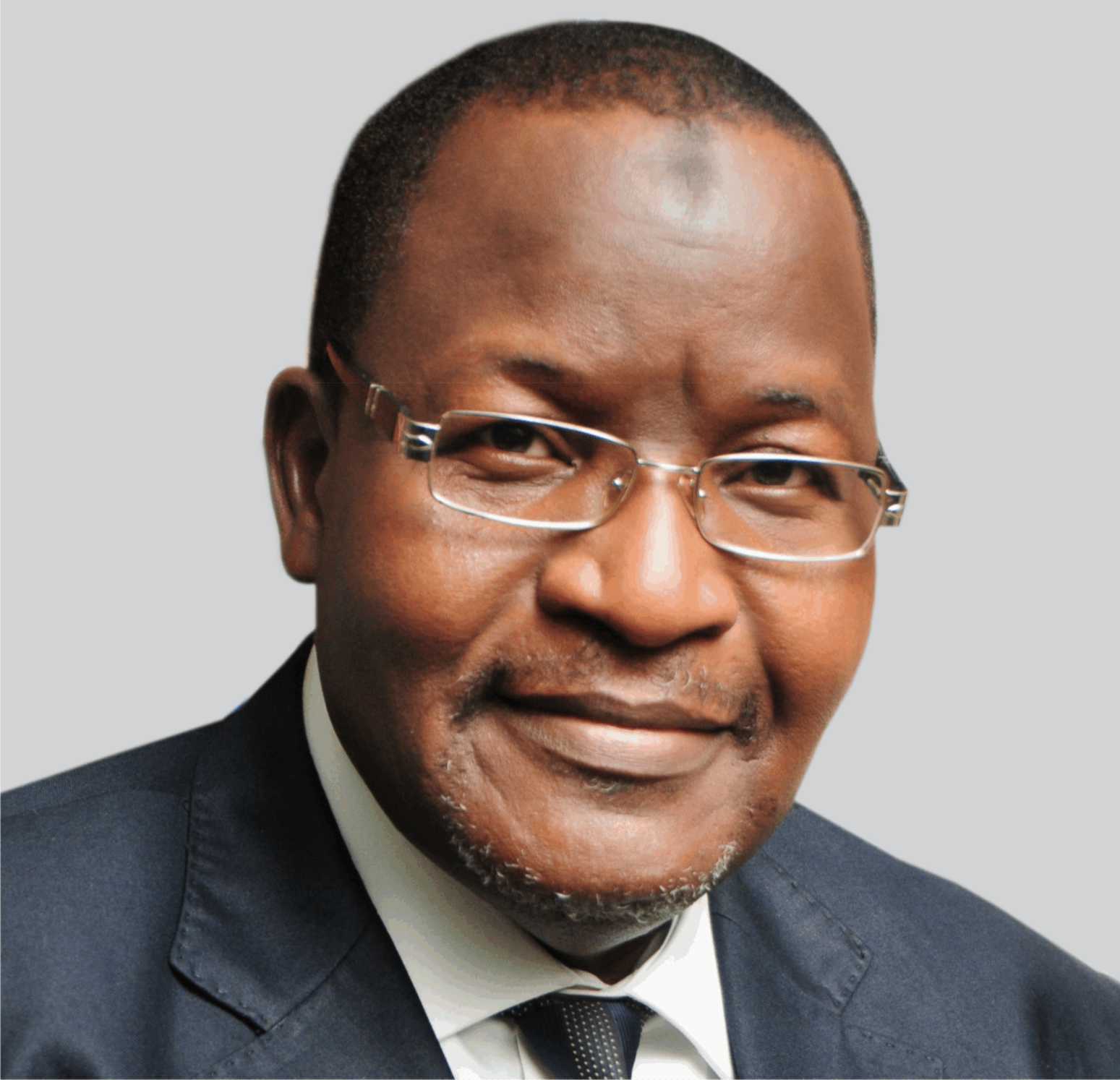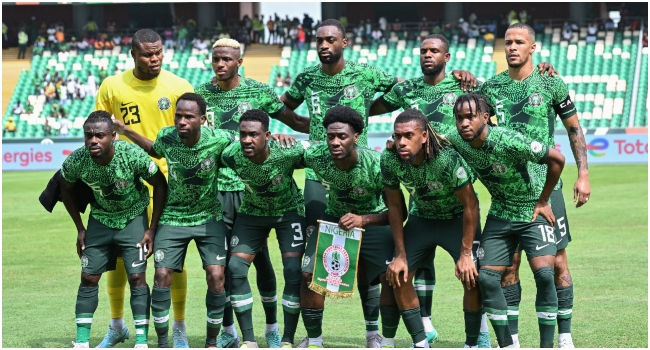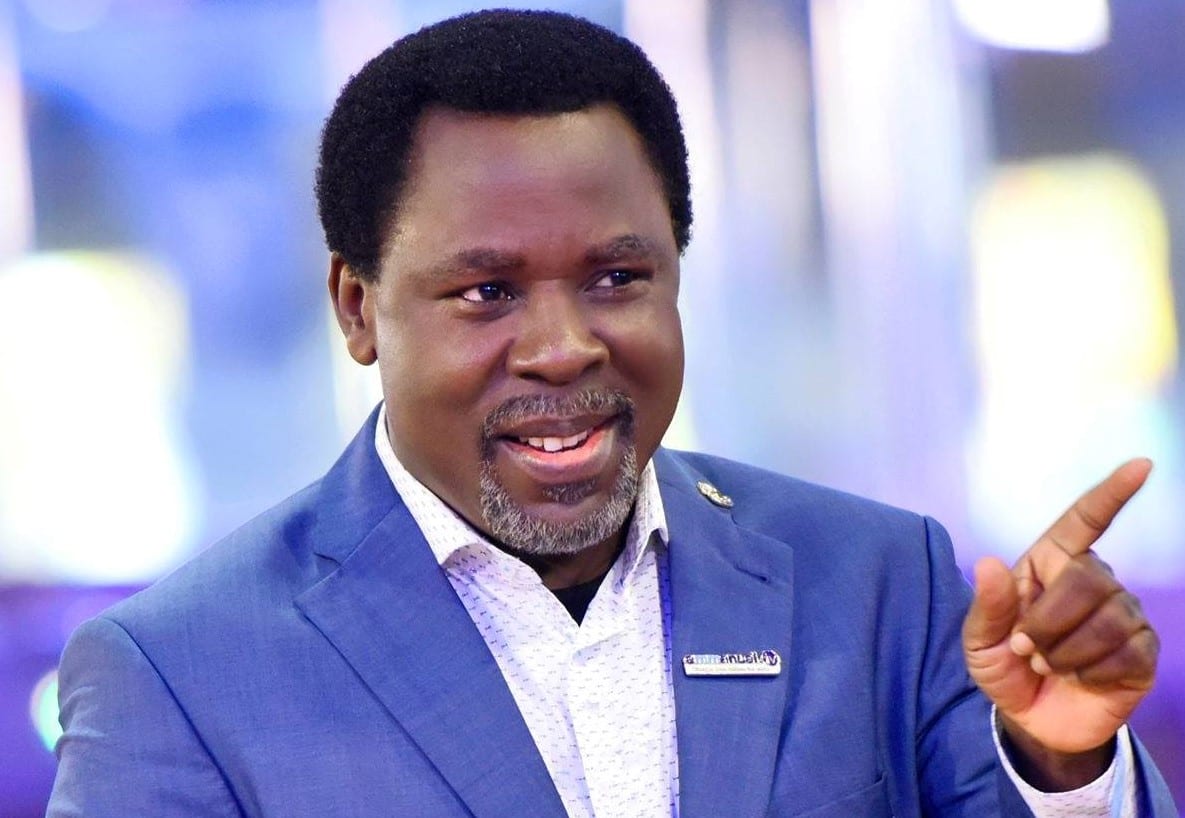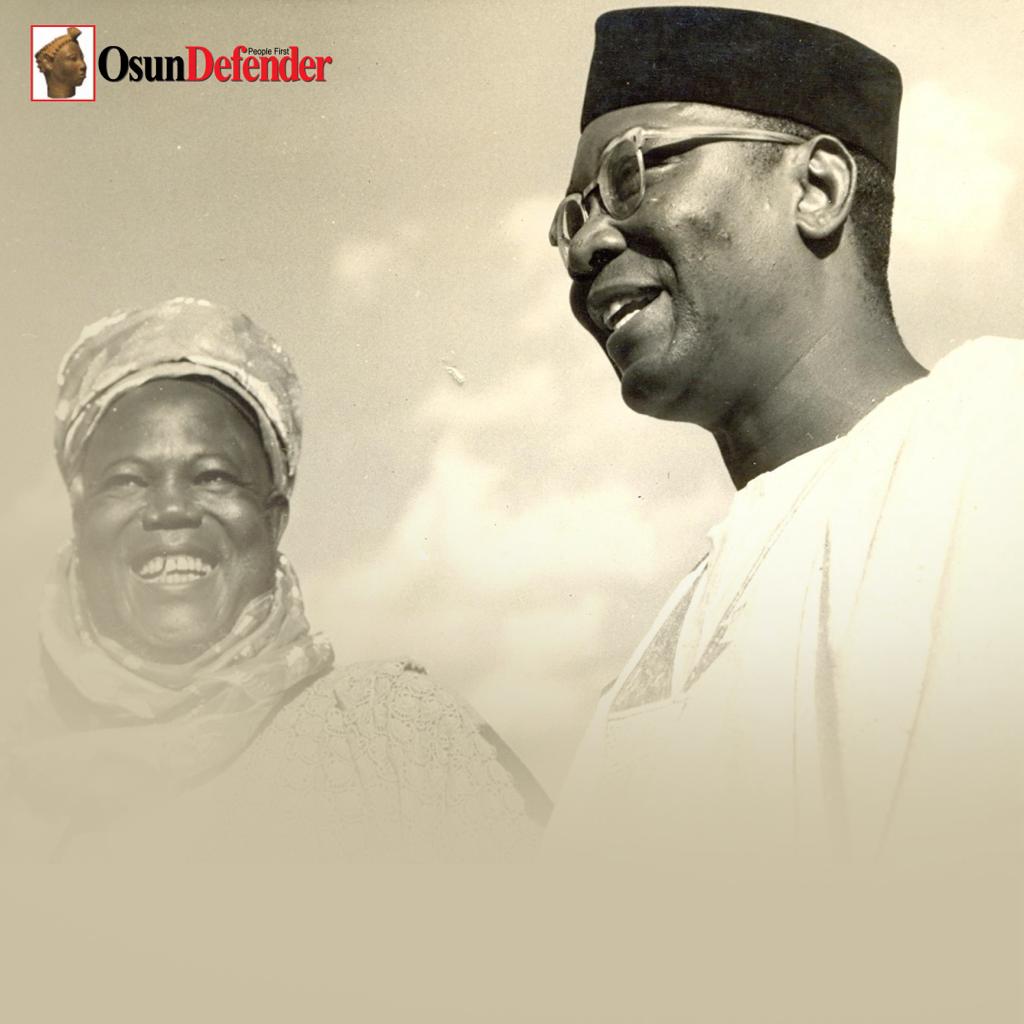Value Added Services operators have accused the Nigerian Communications Commission of creating a monopoly in the telecommunications sector through the delayed allocation of long numbers to them.
Our correspondent gathered that the affected VAS and Special Numbering Service providers were licensed over two years ago by the commission to deliver voice services through special numbering codes, also known as long codes.
However, stakeholders said that despite the increasing number of licenced VAS/shortcodes providers, the market had been on the decline.
This, according to them, is because the Premium SMS shortcodes business, which is mainly dedicated to the commercialisation of mobile content, is completely under control of Mobile Network Operators, who impose their technical and commercial terms on licensed VAS/ SMS shortcode providers, especially the unfair revenue share for the service provision.
“There is an increasing demand for longcodes services from various kinds of businesses, especially in the domain of the cloud unified communication, multichannel call centre, among others,” one of the stakeholders stated on condition of anonymity.
He added, “It is, however, disheartening to note that of five companies licensed to deliver services via special numbering codes in the past two years, none has been allocated a range of VAS long numbers except the first licensee who is operating the 0700 & 0800 ranges since 2005 under a monopoly situation.”
According to available information on the Nigerian Communications Commission website, the licensees are Alpha Technologies Limited, Lagos; Callme Nigeria Limited, Abuja; GTS-Infotel Nigeria Limited, Lagos; Cedarview Communications Limited, Lagos; Trium Networks Limited, Lagos; and Interra Networks Limited, Abuja.
While Alpha Technologies, which got its licence over 12 years ago, is the only firm currently offering VAS longcodes services using the 0700 and 0800 codes, the latest five licensees are unable to operate for over two years now with their licenses as result of delay by the NCC in releasing the access code for them.
The situation, industry players lamented, had been “negatively impacting” on their business growth.
“These operators are bewildered as to what to do with their Licenses in addition to the loss of investors’ confidence already being experienced.
“In addition, these unnecessary delays further create the fear of a deliberate creation of a monopoly without giving any room for competitiveness and creativity in the VAS segment of telecoms sector,” the Managing Director, GTS-Infotel, Pierre François, said.
He said, “We urge the NCC, as one of the acclaimed best regulatory bodies in Africa and beyond, to do something urgent to these concerns. We believe that Nigeria, as the centre of excellence of the ICT in Africa, should through its telecommunications regulatory body show direction to other African countries with respect to the development of a sustainable mobile VAS market, which is a growing sector of the digital economy.”











